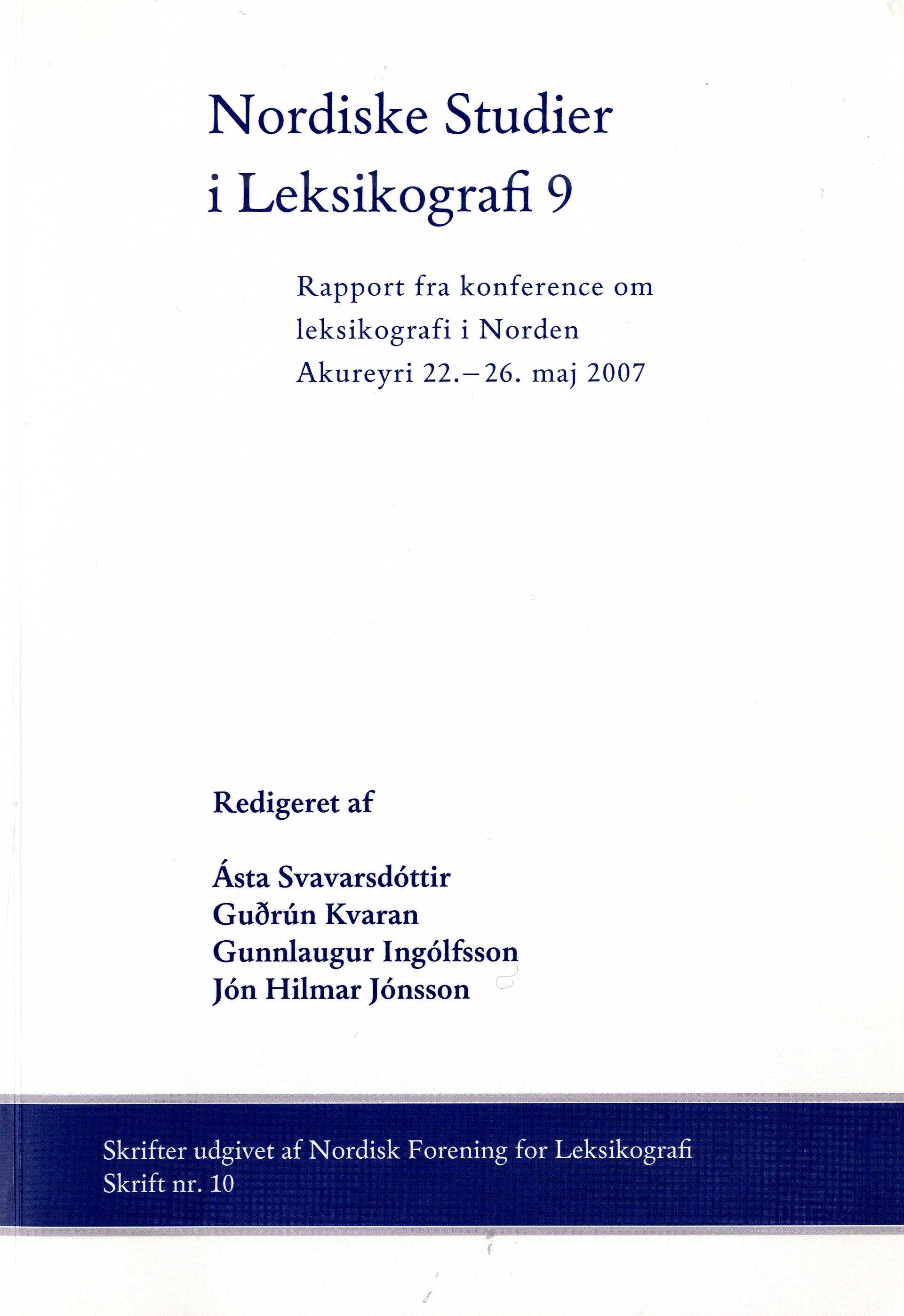Maultasche og Novillada? En teori for turistordbøger
Abstract
In addition to tourist guides and books, millions of information hungry tourists all
around the world use dictionaries referred to as ‘travel dictionaries’, including phrase
books containing glossaries and lexicographically structured information. Also, software
companies propose multilingual, downloadable dictionary solutions that can be printed
on demand or consulted on a PDA or a WAP phone. In brief, the lexicographic commercial
supply and demand are enormous. However, no specific lexicographic theory has ever
been developed in this field of lexicography which remains scientifically neglected. The
purpose of this article is to develop a specific theory for tourist dictionaries and thereby
lay the foundation of tourist lexicography as a new field of dictionary research and practice.
In order to demonstrate its potential, the theory will be applied to a prototypical
tourist dictionary concept. The core of the theory is to bring targeted, useful cognitive
data types in tourist dictionaries, in particular cultural words such as ‘Maultasche’ (huge
ravioli served in Swabia, Germany) and ‘Novillada’ (corrida for young bulls in Spain and
Southern France).
Downloads
Published
How to Cite
Issue
Section
License
Nordisk Forening for Leksikografi/NSL og forfatterne.





